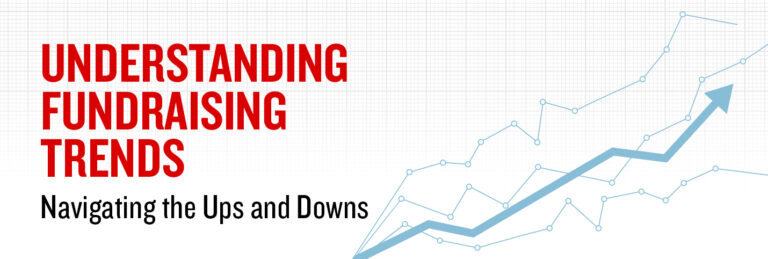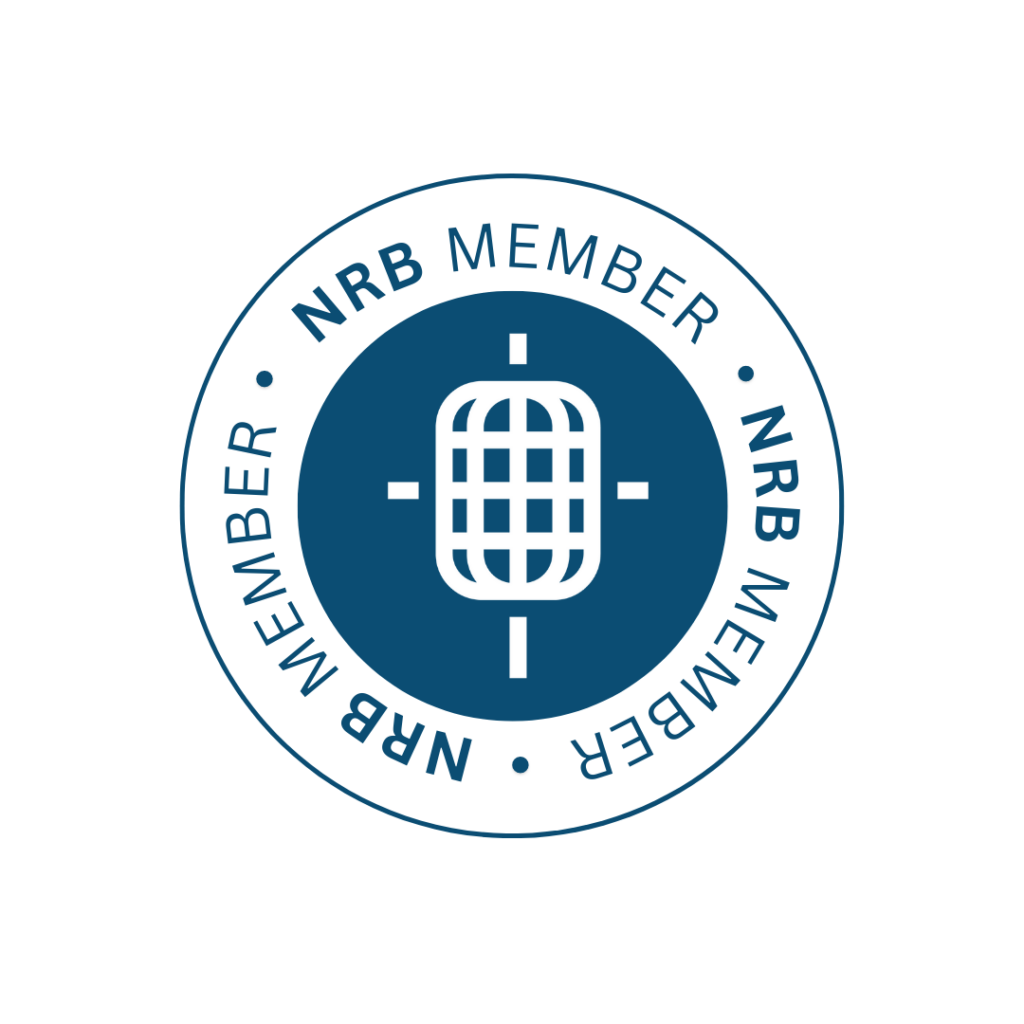Inspire Your Data Team—Accomplish More Together!
There is a good chance the job description for any data team member role includes words like “diligent, conscientious, and eye for detail” . . . and for good reason. The information processed by the data team plays a key role in future strategies and the success of engaging current, new, and even lapsed donors! But does the data team know the importance of their work?
In the organizations I have served, the data team was often in the background—working in the basement or even another building—away from the main flow of traffic and office interactions. It was easy for their crucial, and often thankless, work to get overlooked! But as the volume starts to pick up, especially during this holiday season, take the time to ensure your data team understands how their work informs the entire organization!
Everything starts with data. The meticulous work and effort of this team is the first step to developing great strategies that produce even greater results. But once the data team has logged the codes and entered the data—and you pull the results to see the increased, life-changing impact on your community—do you tell anyone?
When you intentionally build a relationship with your data team—sharing your passion for why you do what you do and how your department is reliant on their work—you will inspire and motivate these team members and help them rise above the tedium of number crunching, data entry, or running reports. And, ultimately, as donor response increases and their workload rises, they will feel both the excitement of organizational growth as well as the joy of knowing more lives are being changed and transformed.
Data matters . . . and the people that fill those roles need to know that their work has an effect on the entire organization. As you move beyond just thanking your data team to building a partnership inspired by the lives impacted through their work, you will be able to accomplish even more together!
Communicating your thankfulness is important, but you can supercharge your data team by inspiring them and helping them understand the life-change that happens because they are committed to the data.
Related articles
-

More Than Just Work
As a young Christian professional navigating the conundrum of aligning my beliefs into a purposeful career, I’ve been blessed to…
-

What to Think of Artificial Intelligence and Its Impact on Fundraising . . .
In trying to summon an image to represent our theme for this issue of Donor Focus, I found myself drawn…







